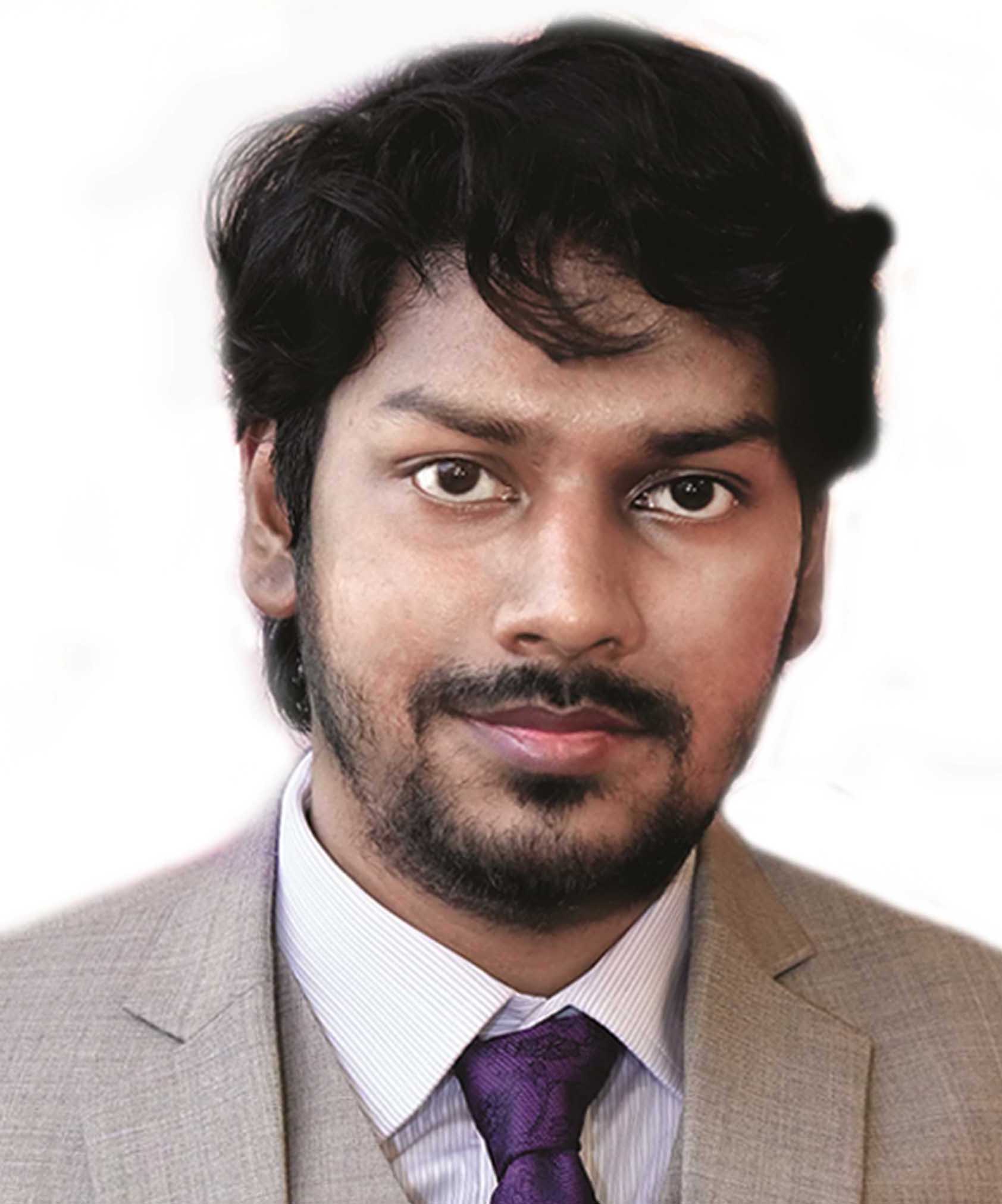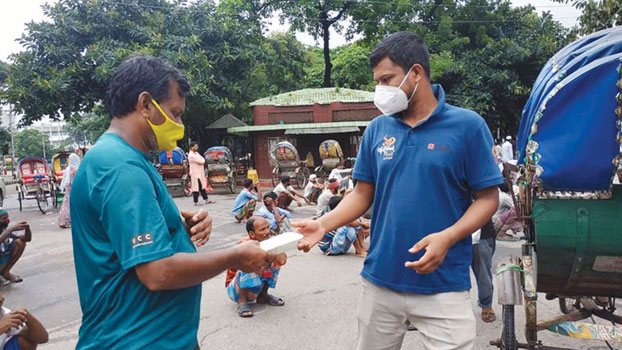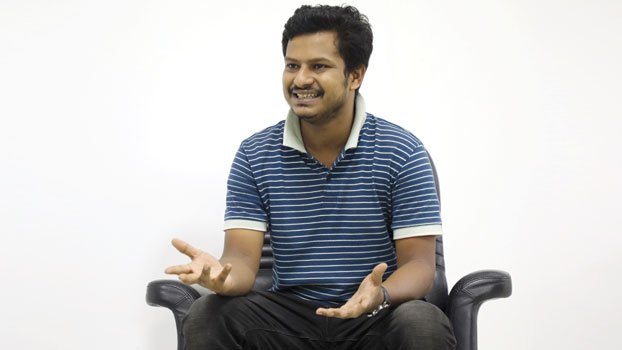Up close and personal with a real-life hero

Coronavirus has definitely taught us many lessons and one of those is probably the fact that only humanity comes in handy in times of any catastrophe. While many have kept themselves confined within the four walls with a view to keeping the rogue virus at bay, there are many others out there who have held on to the tenets of humanity by dedicating themselves to the service of others.
Tanbir Hasan Shaikat, a member of Dhaka University Central Students' Union (DUCSU) who won the election by the highest margin and President of Bangladesh Post Friends' Forum, is certainly one of those audacious persons who has stood out from others by dint of his philanthropic activities during the pandemic.
Of late, on the occasion of World Humanitarian Day, he was recognised as ‘Real Life Hero’ by the United Nations in recognition of his humanitarian efforts extended towards the pandemic-hit people. We caught up with this lion-hearted young man recently to know more about him, his intrinsic motivation and beyond.
Can you please cite some examples delineating the humanitarian efforts taken by you during the pandemic?
At the very outset of the pandemic I started distributing hand sanitizers and masks among the working classes. Later on, while the students of my university left the dormitories to go back home after the suspension of all activities, I decided to stay back. I along with some of my friends cooked food and distributed those among floating people dwelling in the capital twice a day.
Initially we roamed around the whole city and reached the destitute. People then started gathering at TSC where we distributed food among at least 2000 people every day. We carried out this programme for consecutive 121 days.
People from different strata of the society including university teachers, journalists and politicians donated money so that we could carry on such a commendable initiative. To be particular, Awami League General Secretary Obaidul Quader contributed a lot to make our initiative financially viable.
In the meantime, flash floods wreaked havoc on public lives in the coastal regions. So, we went to the remote areas located in Sunamganj, stayed there in schools, cooked food and then hander over those to the flood-hit people. We conducted our humanitarian activities for 15 days in Sunamganj.
What did inspire you to involve yourself in such activities?
I believe in the ideology of Bangabandhu Sheikh Mujibur Rahman. He has always worked for the betterment of the people coming from a deprived background. I also want to follow his footsteps.

Moreover, the fact that Dhaka University has always risen to the occasion to stand by people whenever it’s necessary has inspired me as I also belong to the same institution. Last but not least, this was my way of giving back to the people as we (public university students) are indebted to cross-sections of people owing to the fact that our universities are run by taxpayers’ money.
Did you face any obstacle?
I had only 13 thousand taka in my pocket while initiating this campaign. Kicking off such a big initiative with such a meagre amount of money was probably the biggest impediment I have faced during this journey. Meanwhile, arranging everything, buying groceries and cooking food were also difficult as I did not have any such experience beforehand.
Do you see yourself as a social worker or in some other role in the near future?
As I am involved in student politics, I consider it my duty to always extend my whole-hearted support to the needy. So, I definitely would like to see myself working for the betterment of the people in future.
Do you find any difference between a politician and a social worker?
Politics, in my opinion, is some kind of social work because as a politician you also have to work for mass people just like the social workers. The only difference, I feel, is the fact that when you are a politician, you are representing your people. So, everything related to them is your responsibility. Meanwhile, it is also true that a politician has a wider scope of serving the people than a social worker.
What are your plans for the days to come?
Since I am working with the floating people, I will strive to make sure that no one in our country remains homeless and without work.
How are you looking at the fact of being recognised for your humanitarian efforts?
It definitely feels good when the world recognizes your efforts. The recognition by the United Nations will certainly inspire me to walk the extra miles in future and do many other good works that will benefit people suffering from abject poverty and the society in a greater sense.




